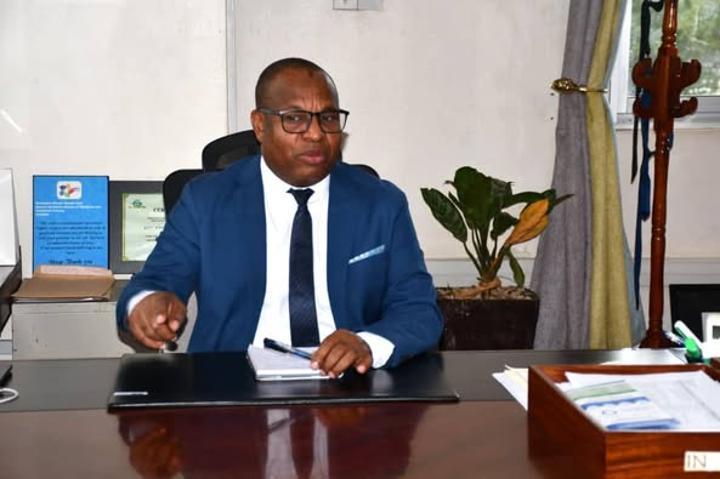Africa-Press – Tanzania. AS the ruling Chama Cha Mapinduzi (CCM) seeks to win another five-year term in office after the upcoming General Election scheduled for October 29 this year, its manifesto for the period 2025-2030 outlines strategies on development in various areas with focus on education.
The Ministry of Education and Vocational Training has unveiled ambitious plans to deliver on the Chama Cha Mapinduzi (CCM) 2025–2030 manifesto, with a focus on vocational colleges, digital learning and expanding access to schools across Zanzibar.
Permanent Secretary (PS) Mr Khamis Abdalla Said spoke to the Daily News about the reforms, progress so far and what lies ahead.
Q: How is the ministry planning to implement the CCM manifesto in education, should it win the next elections?
A: We are expanding vocational training, modernising curricula and increasing the use of technology in schools. Our goal is for vocational colleges to be centres of job creation and self-reliance.
Q: What new vocational training facilities are being developed?
A: In the 2025/26 budget, we have allocated funds to construct five vocational training colleges in every region of Unguja and Pemba. Sites include Bweleo in West Unguja, Pangatupu in North Unguja, Jendele in Central Unguja, and Shumba and Tumbe in Pemba North under the SEBEP project.
These institutions will introduce modern, market-driven courses, especially in blue economy and tourism.
Q: Has vocational training made a difference so far?
A: Yes. Enrolment rose from 2,217 in 2024 to 2,644 in 2025. Graduates increased from 860 in 2023 to 1,595 in 2024/25. Graduate groups forming self-employment initiatives and accessing government loans also grew from 28 in 2024 to 32 in 2025. These results prove vocational education is giving young people practical skills and access to jobs.
Q: What steps are being taken to support digital learning?
A: Digital learning is at the heart of our Education Sector Transformation Plan 2023–2030. Already, 100 schools have been connected to the national broadband backbone, with another 50 to follow in collaboration with the Union Government.
We have distributed 25 smart screens, 2,000 desktops, 3,000 laptops and digital attendance devices. Officials have also been trained in China on advanced ICT use in classrooms.
Q: How has President Mwinyi’s leadership impacted the sector?
A: His leadership has been decisive. The education budget rose from 262bn/- in 2022/23 to 864bn/- in 2025/26. This allowed us to build 36 modern secondary schools with labs and libraries across Unguja and Pemba.
On small islets such as Kojani, Mkokotoni and Tumbatu, we have built multi-storey secondary schools for the first time. Students no longer need to cross the sea to access A-level education.
Q: What are your priorities for 2025/26?
A: We plan to construct 24 more multi-storey schools, financed by a foreign funder through a CRDB Bank. This will ease classroom congestion, where some classes have up to 100 students and ensure students attend only morning/single shift.
Q: What is the role of the new National Education Development Fund?
A: The Fund will sustainably manage resources in the education sector, especially for infrastructure projects. It reflects our long-term vision to strengthen education financing.
Q: How do these initiatives align with the CCM manifesto?
A: They are a direct response to its commitments. By expanding vocational colleges, embracing digital reforms, building more schools and creating the Education Development Fund, we are ensuring no student in Zanzibar is left behind.
For More News And Analysis About Tanzania Follow Africa-Press







